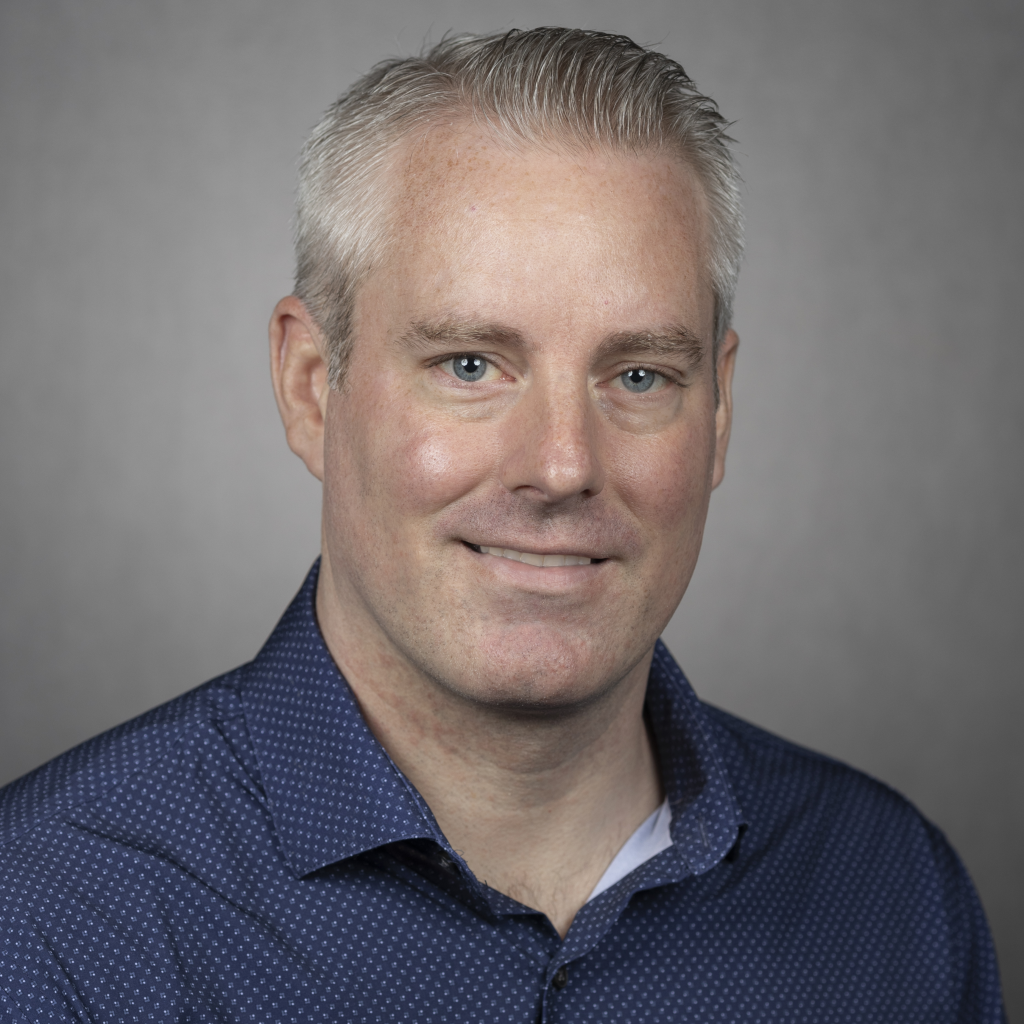New faculty profile: Marc Chevrette explores bacterial conversations happening within host-associated microbiomes

Marc Chevrette joined the UW–Madison faculty in August 2025 as an assistant professor in the Department of Plant Pathology. His position is part of RISE-EARTH, the sustainability-themed focus area of the university’s Wisconsin RISE Initiative strategic hiring effort to solve grand challenges.
What is your hometown? Where did you grow up?
Coventry, Rhode Island.
What is your educational/professional background, including your previous position?
I did my undergrad at Rennselaer Polytechnic Institute in molecular biology and bioinformatics. Then I worked for around five years in industry startups in the Boston/Cambridge area while getting a master’s in bioengineering from Harvard Extension. I did UW-Madison for grad school where I got a MSc and PhD in genetics in the lab of Cameron Currie. My postdoctoral training was with Jo Handelsman at the Wisconsin Institute for Discovery.
What is your field of research, and how did you get into it?
We study how bacteria talk to each other and the world around them through their chemistry and the genes/pathways that control that chemistry. I’ve long been interested in the discovery of new molecules with applications in human/crop/ecosystem health, and if we understood more about how microbes produce and deploy their diverse chemistries then we could be more rational about finding new antibiotics for medicine or new crop protectants.
What are the main goals of your current research program?
Our research focuses on the ecology and evolution of the genes that encode secondary metabolism and how microbial metabolites shape microbiome interaction networks. Microbiomes of disease-burdened hosts are a major focus, spanning from amphibians to insects to agricultural crops. We deploy both computational and experimental approaches to describe the eco-evo dynamics of bacteria and the genes that assemble their secondary metabolites.
Common questions we ask are: What bacterial conversations are happening in host-associated microbiomes? What are the molecules that mediate these interactions? How do microbes assemble these molecules? How does community structure influence secondary metabolite-mediated interactions? How does the diversity and distribution of different biosynthetic pathways vary across hosts, geographies, or environmental contexts? Where should we look to find new antibiotics and other bioactive secondary metabolites? How can we best integrate genomic, transcriptomic, metabolomic, and other large data sets to uncover the underlying principles of interspecies interactions in microbiomes?
Our research aims to address these questions by connecting the evolution of biosynthetic gene clusters and their chemical products to their functional ecology. This is currently explored in two major research areas: 1) reductionist, experimental systems to gain mechanistic insight and 2) naturally occurring, host-associated microbiomes.
What was your first visit to campus like?
I first came to campus as a prospective grad student in 2015 and fell in love with the leaf-cutting ant system of Cameron Currie’s lab that used to be on display in MSB. Bacteria on the exoskeleton of the ants protect their fungal crops from infections. This ended up being the study system that I spent a lot of my PhD working on.
What classes do you teach?
For teaching, I’ll be developing a beginners coding/bioinformatics course for early science undergrads sometime in 2026 with the goal of exposing students to how computational thinking and genomic information are increasingly used in the sciences. I’m also affiliated with the Wisconsin Institute for Discovery as director of genomics for Tiny Earth (tinyearth.widc.edu), so I plan to integrate real world data and research from the great work going on there into my classroom.
What’s the most important lesson you wish to convey to students?
Science is sometimes slow but it should always be fun. Stay curious and ask questions.
Do you feel your work relates to the Wisconsin Idea? If so, how?
Yes, the applied outcomes of our research – in medicine and agriculture – have the potential to directly feed back into the community.
What’s something interesting or surprising about your area of expertise that will make us sound smarter at parties?
Most people think of bacteria as the “bad guys” that make you sick or give you infections, but that’s a small minority of the bacterial world. Many of them are actually quite good and can help protect you (or your food) from diseases.
What are your hobbies and other interests?
Jiu jitsu, full contact grappling, and ice hockey are hobbies of mine.

